MOVIE REVIEW – The question in the title is posed by Paul Atreides – aka Paul Muad’Dib, the “Messiah” – the protagonist of Frank Herbert’s novel Dune. Although the question was about whether the Bene Gesserit witches’ unique drug, the Water of Life, could be drunk by men and thus enter a much higher state of consciousness (and the answer is crueller), the same question could be asked of all the Dune adaptations to date – including the series – and now Dennis Villeneuve’s latest version, 2021. Because almost everyone says that Dune is impossible to bring to the screen…
I have a personal confession right at the start of my review: I’m a huge Dune fan, but that goes for both the Frank Herbert novels and David Lynch’s ill-fated film. I’m aware of the flaws in Lynch’s film, but I’ve been utterly fascinated by it since I saw it when I was 13 and could watch it again any time. I love the original (heavily cut) version I saw in the theatres as much as I love the later fan “re-cuts” where extra scenes are added to the original material, like this one:
![Dune 1984 Alternative Edition Redux [Spice Diver Fan Edit] [ENGLISH+SPANISH SUBTITLES]](https://i.ytimg.com/vi/vJykw3H4PDw/hqdefault.jpg)
So for me, the bar was very high for Dennis Villeneuve to reach.
“Prologue” or no prologue? That is the question!
Before I get into the details of the film, let’s start with the “elephants in the room”, the unmissable question and potential problem that everyone is wondering: how disturbing is it that Villeneuve “cut” the story of the book in two and now we only get to see the first part? The short answer is yes, it is. It really does feel like a prologue or a pilot episode – mainly, by the way, for those who are entirely unfamiliar with the Dune story because I spoke to one critic after the screening who fell into that category. I know Lynch’s film by heart, scene by scene, and I remember the novel pretty much by heart, so I was also bothered by the lack of the dynamic and all-encompassing second part, the “birth” of Paul Muad’Dib, the young “Messiah”, the mythical leader of the Fremen. This makes the story complete and not the somewhat forced conclusion that we hear from Chani (Zendaya).
On the other hand, this makes this first film, with its highly detailed first section, a bit too much: Villeneuve wanted to take too much from the novel, even though some parts could have been cut. It is not the task of a film adaptation to be a perfect film representation of a book, page by page, scene by scene, sentence by sentence. That’s what the serials are for – although I have to say that the 2000 Dune film series itself was a complete disaster, in my opinion, having gone down exactly that route and slavishly catering to the Herbert faithful who insist that everything be exactly as it is in the book. (And I write this as Frank Herbert’s novel is one of my most outstanding science fiction literary experiences.)
Fortunately, this is not the case, and Villeneuve adds some creative extras to the story. However, the film’s first part is still too slow, with long scenes that sometimes seem unnecessary.
It’s a shame because if Villeneuve hadn’t made these mistakes (or cut the story in two), it could have been a masterpiece, but now it’s just an excellent film.
If you get caught in the Dune ambience…
Because this 2021 Dune, with its incredibly well-timed atmosphere, great performances, overall well-developed storyline – leaving plenty of room for the main characters to develop – and incredible soundtrack (Hans Zimmer’s score is phenomenal), can nail the audience to the edge of their seats. Just don’t watch it tired, because the slow-building story, lots of psychedelic music and long scenes showing the surface of the planet tend to make the single viewer doze off…
The 2021 Dune (or rather the first half of it) this time focuses mainly on the story of Paul Atreides (Timonthée Chalamet) and Lady Jessica (Rebecca Ferguson), although this time – compared to the ’84 Dune – there is more emphasis on the characters of Leto Atreides (Oscar Isaac) and especially Duncan Idaho (Jason Momoa). Lynch has set the bar very high with his stars, but Villeneuve has also directed the actors with a steady hand, and he has brought out the best in most of them – without aping the Lynch film.
The casting, with one or two exceptions, is generally an excellent match for the characters. Let’s start with the lead actor. Although Kyle MacLachlan’s incredible charisma and fantastic portrayal of Paul Atreides would have been impossible to top on the screen, Dennis Villeneuve and Timonthée Chalamet build the character from a different angle. Chalamet’s Paul is a much more introverted young man, at first not quite as self-confident as MacLachlan’s Paul from ’84 was from the start – apart from the latter’s cheerful naivety. Chalamet’s Paul is not naïve at all, but he is often unsure of his abilities, noble heritage, and ‘Kwisatz Haderach’.
Chalamet (obviously, on Villeneuve’s instructions as director) also drew a little from his performance in the great Netflix film King, in which he plays Henry V. At first the same – a bit depressed and introverted – young heir to the throne, who has no desire to inherit it, but then, in a tragic chain of events, he ‘takes it’ and acts tough against the invaders of his throne – against his own valid will. Since half the film is ‘missing’, we can only guess what Chalamet will be like based on King when he plays the mighty Muad’Dib, but he does an excellent job as the insecure Paul, a bit ’emo’ (in a good way) and constantly questioning himself and his mother.
Rebecca Ferguson deserves special recognition as Jessica, Paul’s mother. Francesca Annis, who bombed in the eighties, was a slightly prettier Jessica than Fergusson is now. However, Bene Gesserit, a witch who is constantly unsure of herself, self-conscious but still assertive, and who adores her son Paul unconditionally, is perhaps Fergusson’s best performance to date.
Not everyone was a good choice
Much the same good things can be said about the other characters, although I was a little disappointed with Villeneuve’s direction in two cases. One was Baron Harkonnen, played by Stellan Skarsgård, who somehow fails to deliver the incredibly obnoxious antagonist that the rakish-faced, often hysterical and pathologically aberrant Kenneth McMillan in Dune 84, who the audience regularly hated, so professional was his performance. Skarsgård, on the other hand, was a knock-off of Marlon Brando in Apocalypse Now (obviously, on his director’s orders), which in this film is a bit dull, we’ve seen it before, and anyway doesn’t bring the same impact as Brando in Coppola’s film.
The other lousy choice was Sharon Duncan-Brewster as Dr Liet Kynes, played brilliantly by Max Von Sydow in the ’84 Lynch film. Of course, I understand that in the name of the obligatory political correctness that is being pushed nowadays, it was necessary to cast a black woman in the role of an originally white man (in the novel as well). Still, then at least a better actress should have been found because the character of the entelechy and at the same time close to the Fremen, the gentle-mannered and neutral imperial planetologist, was quite badly played by Duncan-Brewster.

Looking forward to the other half!
Overall, I was satisfied with Villeneuve’s vision of Dune, even if not in all areas. Villeneuve’s slow build-up is something we are used to, and this film is typical of that to the maximum, but it is what a space opera needs, and it is also the way to really convey the complexity of Herbert’s work. The visuals in the cinema are impressive, although they are a bit sterile in places. The story of Paul Atreides and Jessica is exciting, well-constructed and engaging, and the inclusion of Jason Momoa‘s Duncan Idaho was a good idea. Apart from one or two poor casting choices and related directorial decisions, and the fact that this is only about half the story, I think this is a Dune that Frank Herbert would be satisfied with, and most Dune fans almost certainly will be.
-BadSector-
Dune
Direction - 8.2
Actors - 8.2
Story - 8.1
Visuals/Action - 8.8
Ambience - 8.6
8.4
EXCELLENT
Overall, I was satisfied with Villeneuve's vision of Dune, even if not in all areas. Villeneuve's slow build-up is something we are used to, and this film is typical of that to the maximum, but it is what a space opera needs, and it is also the way to really convey the complexity of Herbert's work. The visuals in the cinema are impressive, although they are a bit sterile in places. The story of Paul Atreides and Jessica is exciting, well-constructed and engaging, and the inclusion of Jason Momoa's Duncan Idaho was a good idea. Apart from one or two poor casting choices and related directorial decisions, and the fact that this is only about half the story, I think this is a Dune that Frank Herbert would be satisfied with, and most Dune fans almost certainly will be.

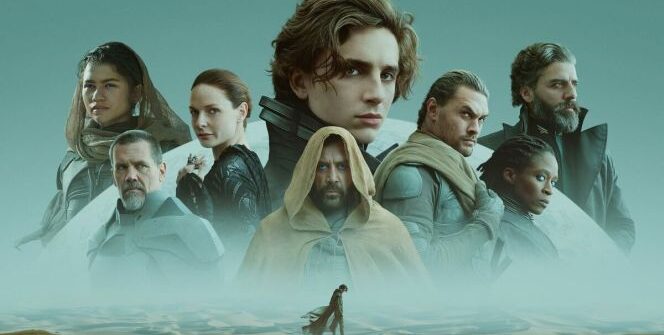
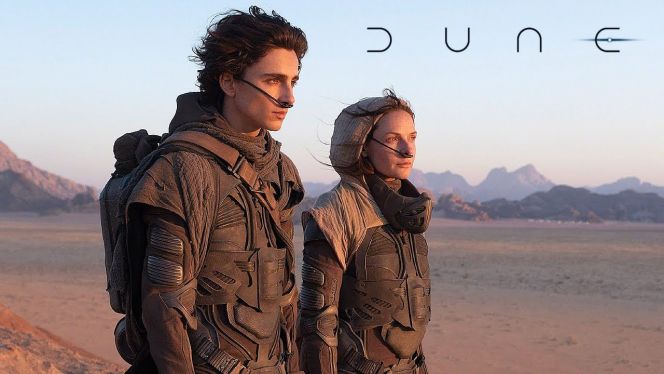
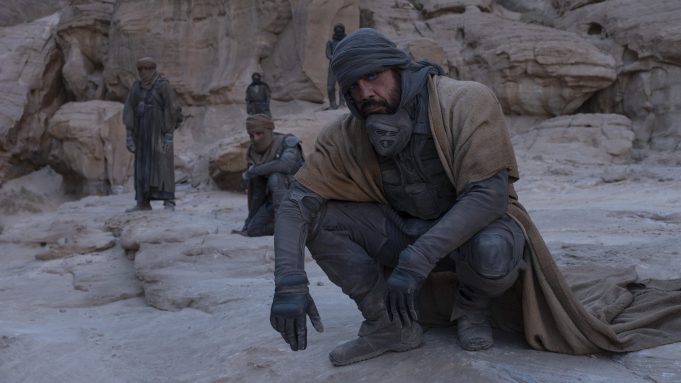
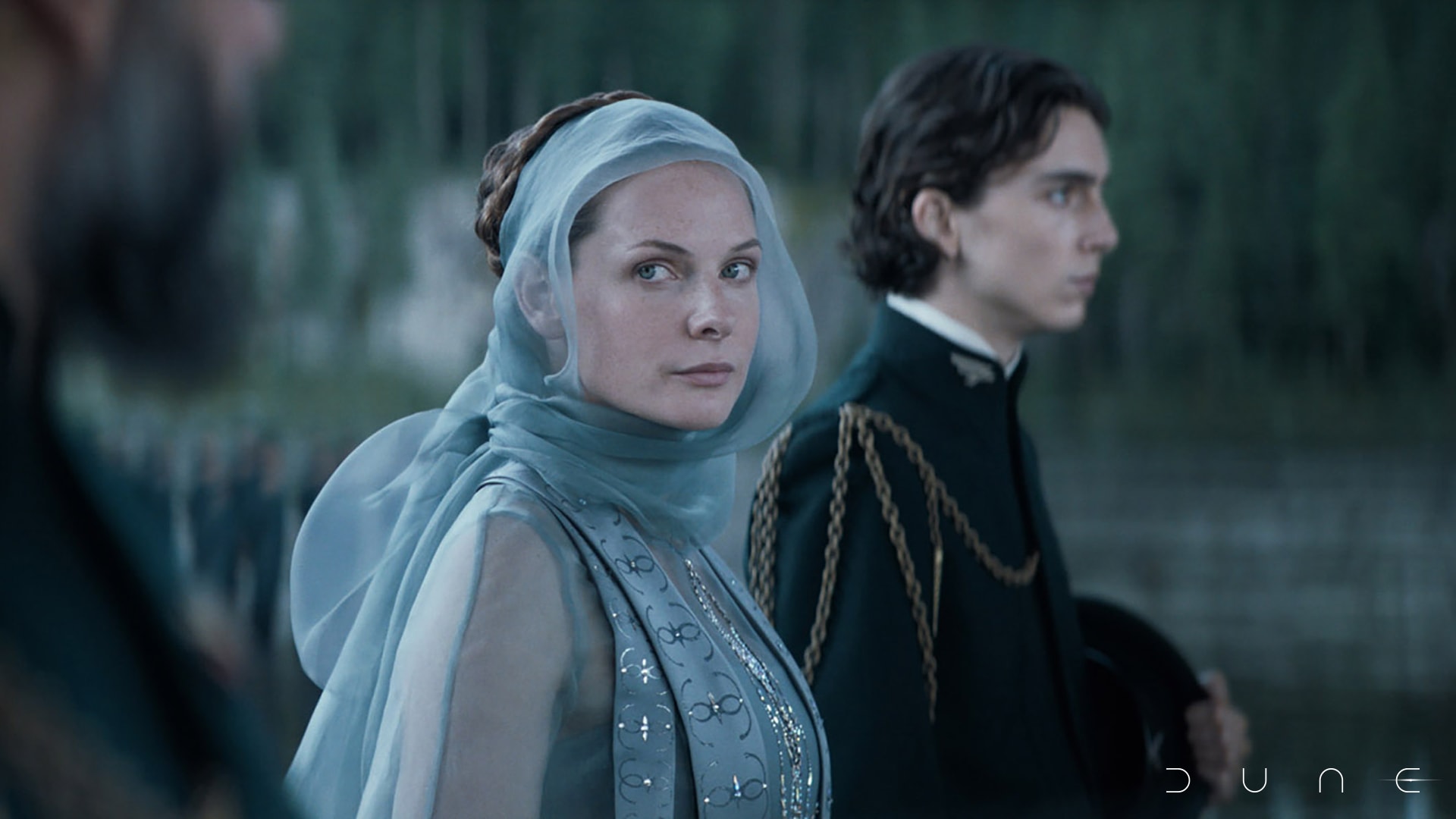

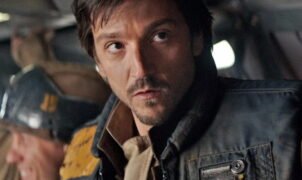
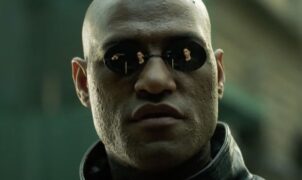





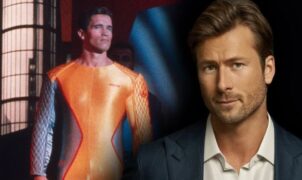

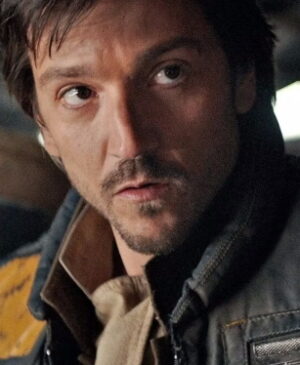

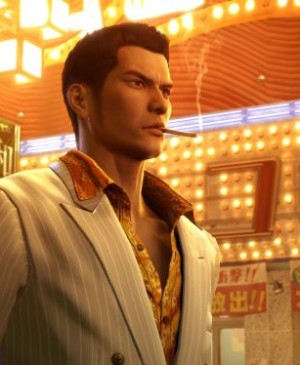
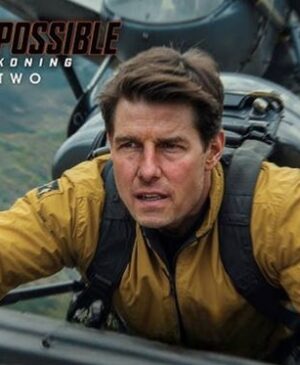
Leave a Reply